Blog
Dandruff and Hair Loss: What’s the Connection in 2024?
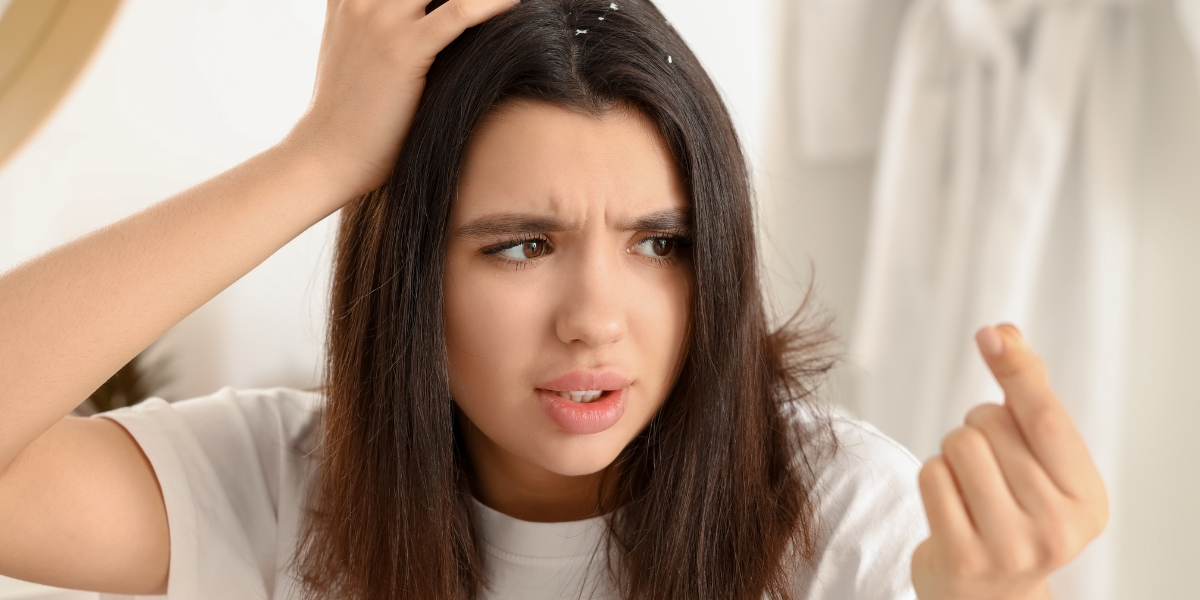
Dandruff and Hair Loss: What’s the Connection?
We all follow so many fancy skincare routines. But are you handling the skin on your scalp with the same care? Now, you must be wondering why we are asking this question. That’s because your scalp’s health is vital for keeping conditions like dandruff under control.
Dandruff is the white flakiness that can shower your shoulders in the way you want it. There are some things you might not have realized would cause it, including hair loss. Dandruff and hair loss are two problems that millions of people experience, but how are they connected?
Now let us examine how these two problems might be even more related than you might have imagined. Knowledge of this relationship will assist you in taking proper care of your scalp and hair. In this article, I will explain the relationship between dandruff and hair loss with the help of examples and statistics.
What is Dandruff?
Dandruff is therefore the condition where your scalp produces and flakes more dead skin cells than normal. This isn’t just a cosmetic issue; it could signal that your scalp’s health is compromised.
This could cause irritation, itching, and sometimes blushing when some flakes make their way to the clothes. Well, you may ask, why does this happen? This condition is often caused by a variety of factors, including:
- Dry Skin: This is usually made worse by cold weather.
- Seborrheic Dermatitis: A type of eczema that is persistent and mainly localized on the regions of the body that are oily.
- Fungal Infections: For instance, there is Malassezia, which causes inflammation of the scalp.
Types of Dandruff
- Dry Dandruff: Small, dry flakes that are often related to having a dry scalp.
- Oily Dandruff: Larger, greasy flakes, usually connected to a condition called seborrheic dermatitis (a type of skin inflammation).
- Dandruff from Fungal Infections: Caused by an overgrowth of a yeast-like fungus called Malassezia.
What is Hair Loss?
Hair loss can hit anyone, and it often feels like a rollercoaster emotion-wise. Losing hair can be caused by genetics, hormones, stress, and yes, even dandruff. When you see more hair in your brush than usual, it’s natural to feel concerned.
Alopecia means the loss of hair from the head/scalp or some other part of the body, although it is usually used to refer to hair loss experienced on the head.
Types of Hair Loss
- Androgenetic Alopecia: Gradual thinning of hair, often hereditary.
- Telogen Effluvium: Diffuse hair shedding due to stress or medical conditions.
- Alopecia Areata: Autoimmune condition causing patchy hair loss.
The Connection Between Dandruff and Hair Loss
So, how exactly does dandruff lead to hair loss? Imagine your hair follicles as tiny houses. If the area surrounding them is unhealthy or inflamed (which dandruff can cause), it’s tough for hair to stay put and grow strong. When the scalp isn’t in the best shape, hair can fall out more easily.
Dandruff does not directly cause hair loss, but it contributes to conditions that cause hair loss. Here’s how:
1. Scalp Irritation
This is usually accompanied by a flaky and sometimes dry and itchy scalp as a result of dandruff. Excessive scratching can also cause inflammation of the scalp. Since the constant rubbing of the skin can cause inflammation. Both inflammation and irritation can cause microdamage to the hair follicles and hence lead to hair loss.
2. Inflammation
Inflammation is a key player here. Dandruff can cause inflammation on your scalp, leading to hair follicles getting weaker and unable to support hair growth. In some cases, this can result in a condition called telogen effluvium, where hair falls out in response to stress on the body. including scalp conditions. Some research conducted has indicated that inflammation and irritation of the hair follicle are capable of impairing its health and growth.
3. Fungal Infections
Malassezia is a yeast-like fungus that is known to form part of the skin and scalp’s natural flora, but it can invade hair follicles and cause inflammation. This fungus can cause the formation of substances that are likely to cause inflammation on the scalp and hence lead to hair loss. Tackling fungal infections can go a long way in eliminating both dandruff and the disease that causes hair loss.
Facts and Figures
Dandruff can affect around 50% of adults. Until recently, a fungus called Malassezia was considered the main microbial culprit (such as bacteria, and fungi) of this irritating scalp condition. We talked to three Unilever R&D scientists about their research, which suggests bacteria also have a role to play.
There’s nothing like an itchy scalp and snow-like flakes on your shoulders to make a bad hair day worse. Research suggests it affects half the world’s population post-puberty. As yet, the exact cause of the condition remains unknown.
Common Misconceptions
1. Dandruff is Caused by Poor Hygiene
Fact: Dandruff is not necessarily caused by poor hygiene; it can be influenced by various factors like skin conditions and fungal infections.
2. Only Men Experience Hair Loss from Dandruff
Fact: Both men and women can experience hair loss due to dandruff. The condition affects people of all genders and ages.
3. Dandruff Will Resolve on Its Own
Fact: Dandruff often requires targeted treatment to manage symptoms and prevent complications like hair loss.
How to Manage Dandruff and Prevent Hair Loss
Managing both dandruff and hair loss is not as simple as applying a certain shampoo. Scalp health should not be ignored at any cost. Paying attention to your scalp’s health is crucial.
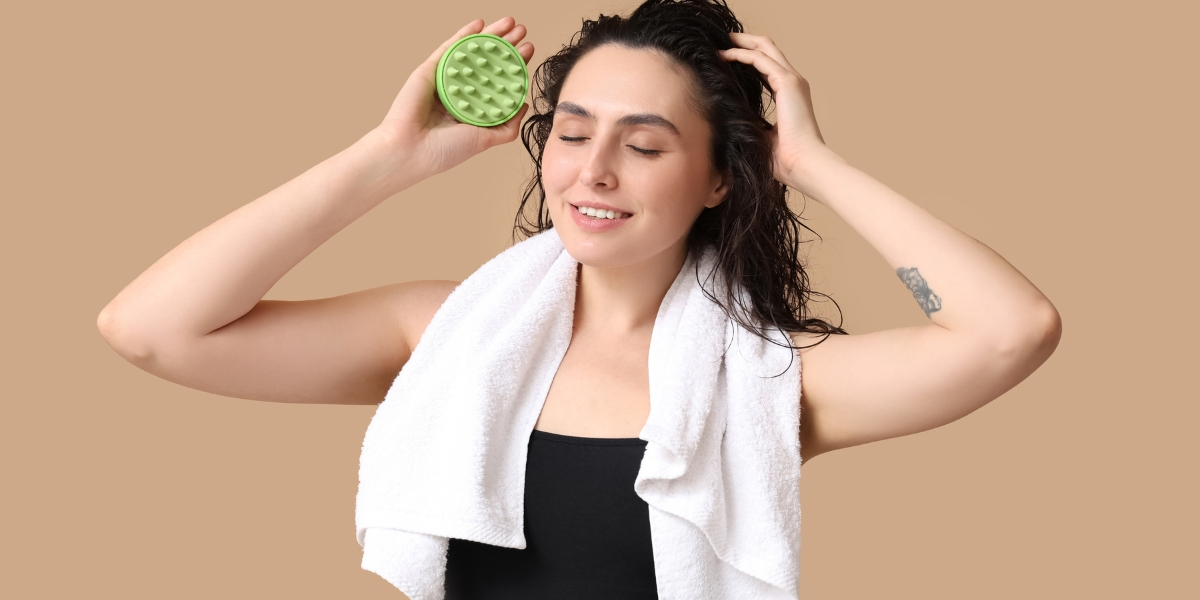
Tips for Healthy Hair and Scalp
- Use Anti-Dandruff Shampoos: Look for shampoos that target dandruff and nourish the scalp. Shampoos containing active ingredients :
Salicylic Acid: Helps remove dead skin cells.
Ketoconazole: Targets fungal infections.
Selenium Sulfide: Reduces fungal growth.
Zinc Pyrithione: Combats bacteria and fungi.
While using anti-dandruff shampoos, make sure to follow the instructions on the bottle. Some shampoos may need to be left on the scalp for a few minutes to be effective.
If your scalp is allergic to chemicals, use herbal shampoos that contain medicinal properties for dandruff hair loss. Look for ingredients like:
- Neem
- Aloe vera
- Reetha
- Bhringraj
- Turmeric
- Rosemary oil
- Mint
- Amla
- Tulsi
- Tea tree oil: is known for its antifungal properties.
- Lemon extracts
Regular use of anti-dandruff shampoos having the above-mentioned ingredients can reduce scalp inflammation and prevent hair loss. From many recommendations, here is the most suggested shampoo: Known for its antifungal properties. Pro-Biotic Keratin Shampoo (which includes the most wanted ingredients, such as Tea Tree Oil and Zinc Pyrithione), which might help you in fighting your scalp problem.
- Maintain a Healthy Diet: A balanced diet rich in vitamins (A, B, C, D, E), minerals (zinc, iron), and proteins supports healthy hair growth and scalp health.
- Maintain a Healthy Scalp: Keep your scalp clean and moisturized. Avoid scratching or picking at your scalp, as this can lead to further irritation and hair loss.
- Stay Hydrated: Drinking enough water can keep your scalp hydrated and reduce dryness.
- Manage Stress: High-stress levels can contribute to dandruff and hair loss. Incorporate stress management techniques like exercise, meditation, or relaxation exercises into your daily routine.
- Consult a Dermatologist: If over-the-counter treatments aren’t effective, consult a dermatologist. They can provide a diagnosis and prescribe stronger treatments if necessary.
Some other tips and strategies that can prevent dandruff-related hair loss:
- If the hair comes out in clumps, see a doctor, as this may signal another scalp or hair issue.
- Carefully follow the instructions on the bottle of dandruff shampoo. Some shampoos may need to remain on the scalp for several minutes to be effective.
- Avoid aggressively brushing or twisting the hair and massaging or scratching the scalp. If the itching is unbearable, ask a healthcare provider about medication to help with itching.
- Avoid very tight hairstyles. These may damage the scalp and hair follicles, slowing hair growth. Tight hairstyles may also break the hair.
- Do not delay dandruff treatment. Use a dandruff shampoo at the first sign of dandruff and seek medical advice if symptoms do not improve within a week or two.
Some people may find that their dandruff shampoo leaves their hair dull or dry. Dry, damaged hair breaks more easily and may fall out. Use a high-quality conditioner after dandruff treatment. If the damage persists, try alternating dandruff shampoo with another shampoo.
Lifestyle and Diet Impact on Scalp Health
1. Balanced Nutrition
Include foods rich in omega-3 fatty acids (e.g., fish, flaxseeds) and antioxidants (e.g., berries, nuts) to support scalp health.
2. Avoid Excessive Heat and Chemicals
Minimize the use of heated styling tools and harsh chemicals that can damage your scalp and hair.
Home Remedies For Dandruff Hair Loss
Even though home remedies for dandruff hair loss are not scientific, people have found them beneficial.
A. Tea Tree Oil
Mix a few drops of tea tree oil with a carrier oil like coconut oil and apply it to your scalp and hair. Tea tree oil has anti-inflammatory and anti-fungal properties.
B. Aloe Vera
Aloe vera is anti-inflammatory and extremely soothing on the scalp. Cut open the leaf of aloe vera and remove the juice. Apply this on your scalp, leave it on for 15 minutes, and wash it off.
C. Apple Cider Vinegar
Apple cider vinegar encourages the shedding of dead skin cells, fights fungus, and balances the pH of your scalp. Combine apple cider vinegar with your oil or shampoo, or dilute it with water for a final rinse after shampooing.
Conclusion
Dandruff and hair loss are interconnected issues that can significantly impact your confidence and well-being. Understanding the connection between dandruff and hair loss is vital. Don’t overlook those little white flakes; they’re telling you a story about your scalp’s health.
By paying attention to these signals and taking action, you can support both your scalp and your hair, leading to a healthier appearance overall. If you experience persistent issues, seek professional advice to get the best care for your scalp and hair. Healthy hair starts at the root, so take care of your scalp to enjoy vibrant locks!
Don’t let dandruff and hair loss take a toll on your confidence and well-being. Start by incorporating the tips and strategies outlined in this article to manage your scalp health effectively. Act today to take control of your scalp health and enjoy a fuller, healthier head of hair.
For more insights on hair care, you might also find it helpful to read about Is Rose Water Good for Hair? Here’s What to Know in 2024. Rose water is often praised for its potential benefits to hair health, which might complement the strategies you’re using to manage dandruff and hair loss.
Explore our range of hair and skin care products tailored to your specific needs at Revol.pk. If you’re finding this information on dandruff and hair loss helpful, don’t keep it to yourself, share this article with friends who might also benefit from these dandruff and hair fall solutions. Have any tips or questions about hair care? Drop them in the comments below and join the conversation!
FAQs
1. Can dandruff cause permanent hair loss?
No, dandruff itself does not cause permanent hair loss. However, severe dandruff can contribute to conditions that may lead to temporary hair loss if untreated.
2. Can anti-dandruff shampoos cause hair loss?
Yes, anti-dandruff shampoos can cause hair loss if used too much or for too long.
3. Why might anti-dandruff shampoo lead to hair loss?
The strong ingredients in anti-dandruff shampoos can irritate the scalp and lead to hair loss if used excessively.
4. Can stress cause dandruff and hair loss?
Yes, stress can exacerbate both dandruff and hair loss. Managing stress through relaxation techniques can help improve scalp health.
5. When should I see a dermatologist for dandruff?
Consult a dermatologist if over-the-counter treatments are ineffective or if you experience severe symptoms like persistent itching, redness, or hair loss.

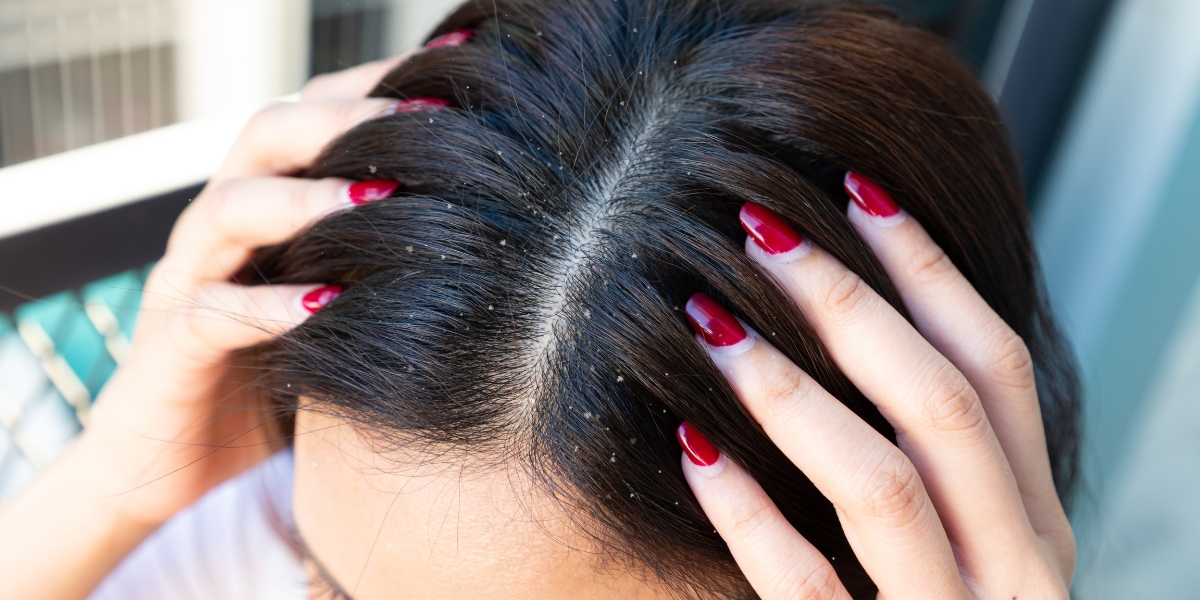
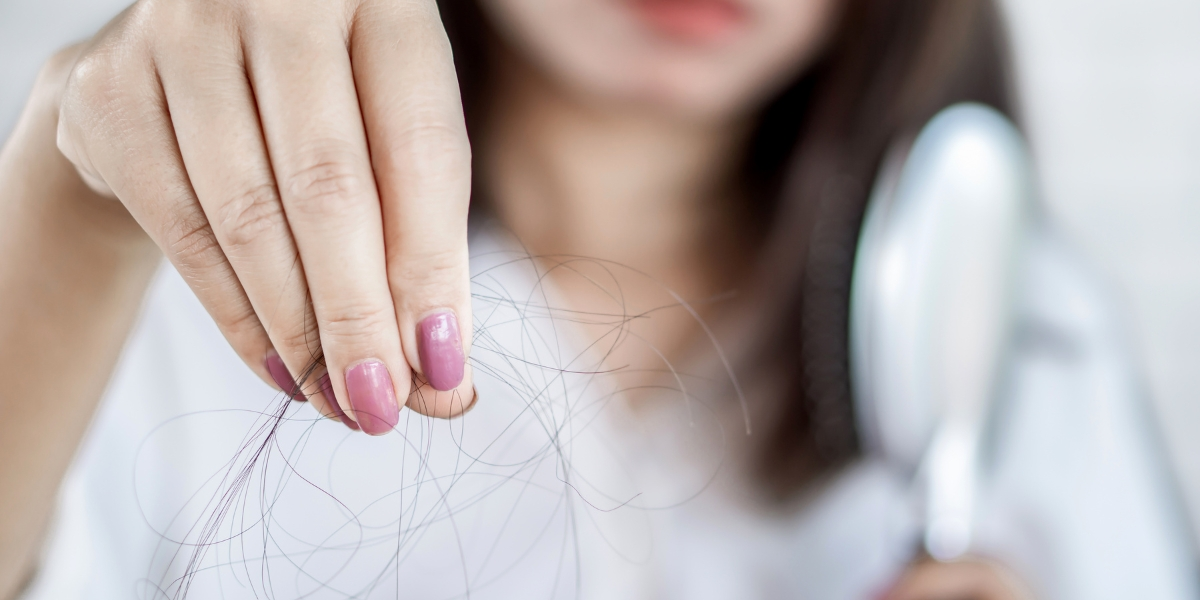
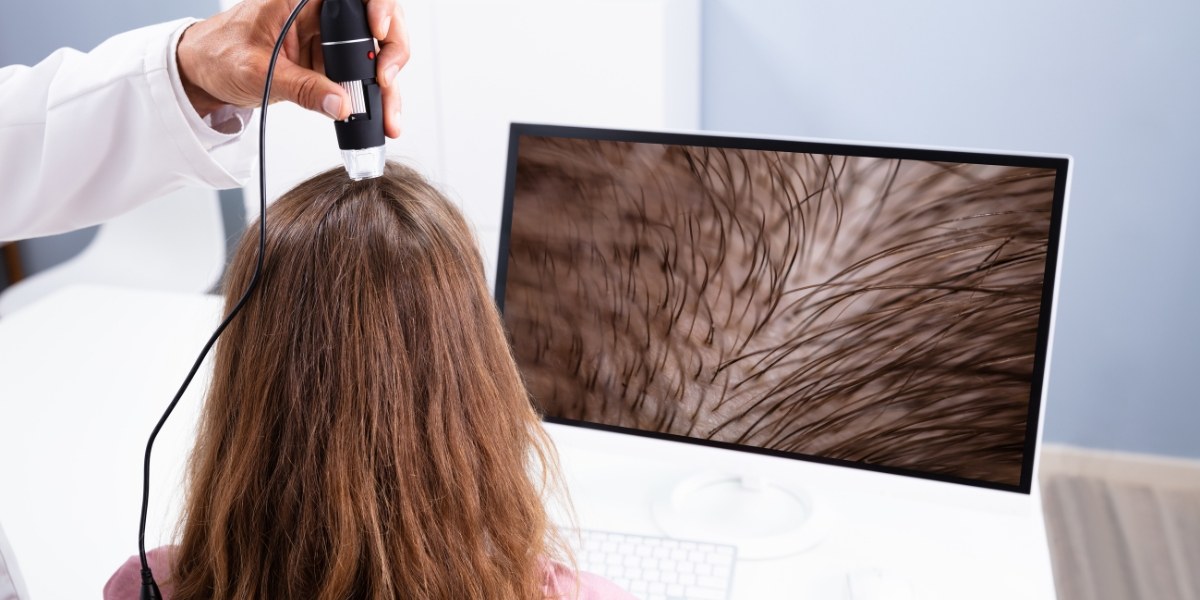
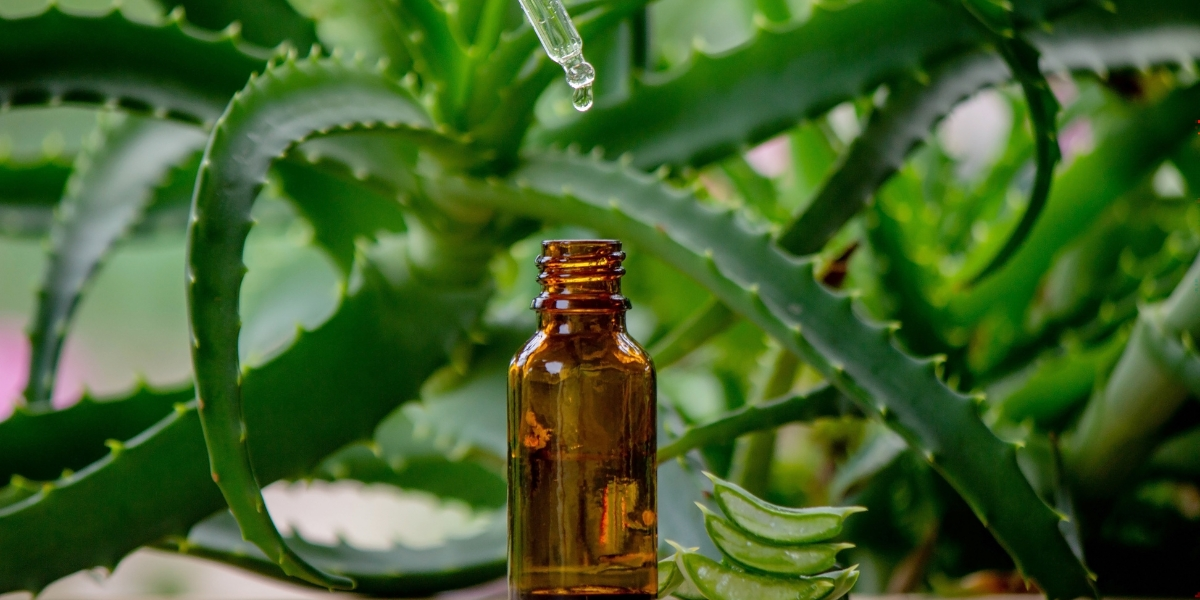
Homeopathic Treatments are also better.
any useful treatment for Fungal Infections?
Very useful information !